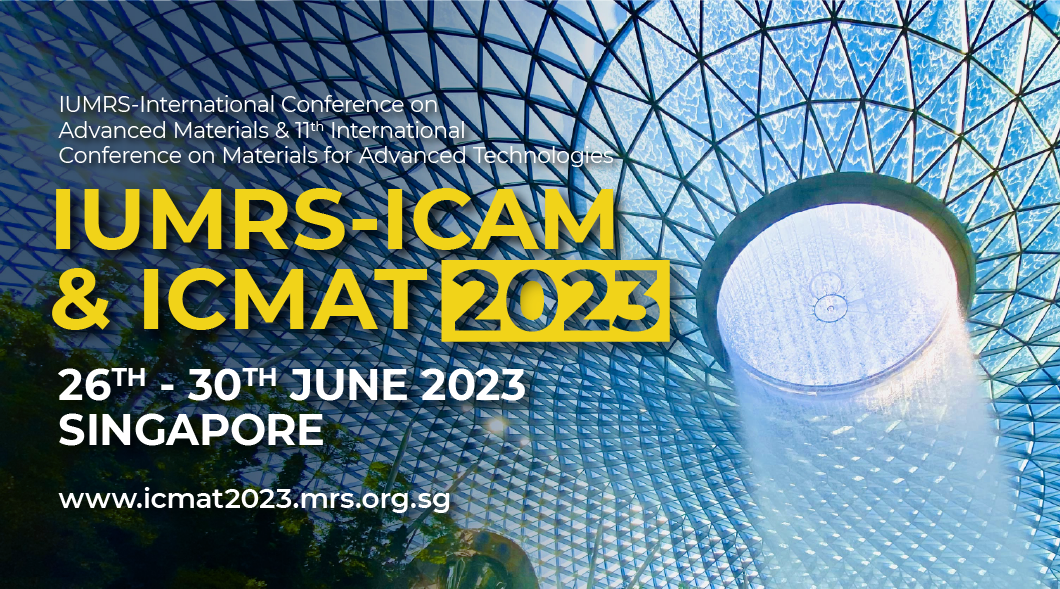
Plenary Lecture | 29 June (Thurs) 9:45 AM – 10:30 AM | Level 4 Hall 406
Molecular Electronic Materials and Devices for Solar Energy Conversion
Abstract
Solar radiation will be the largest single source of electricity in our low-carbon future. To maximise the potential of solar power, new materials will be needed to harvest and convert solar photons into useful energy, in addition to existing photovoltaic technologies. Molecular electronic materials, such as conjugated polymers and molecules, can achieve photovoltaic conversion through a process of photon absorption, charge separation and charge collection. The materials are appealing because of the potential to tune their properties through chemical design, the range of possible product forms and their compatability with high-throughput manufacture. They are also interesting model systems for photochemical energy conversion because of their parallels with natural photosynthesis. Through a remarkable series of advances in materials design, the efficiency of photovoltaic energy conversion in molecular materials has risen from 1% to around 20% within two decades, surpassing most predictions. We will discuss the factors that control the function of molecular solar cells including the nature of the charge separating heterojunction, and the impact of chemical and physical structure on microstructure, energy and charge transport, light harvesting, and loss pathways. Finally, we will address the limits to conversion efficiency in such systems and their possible applications.

